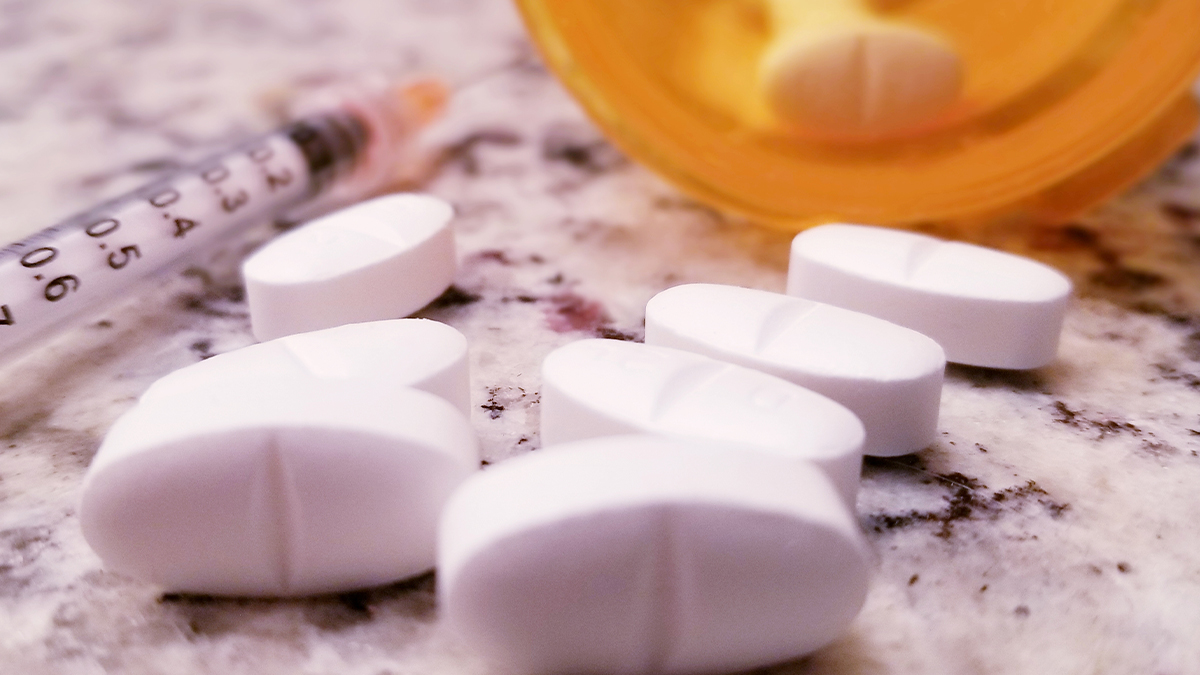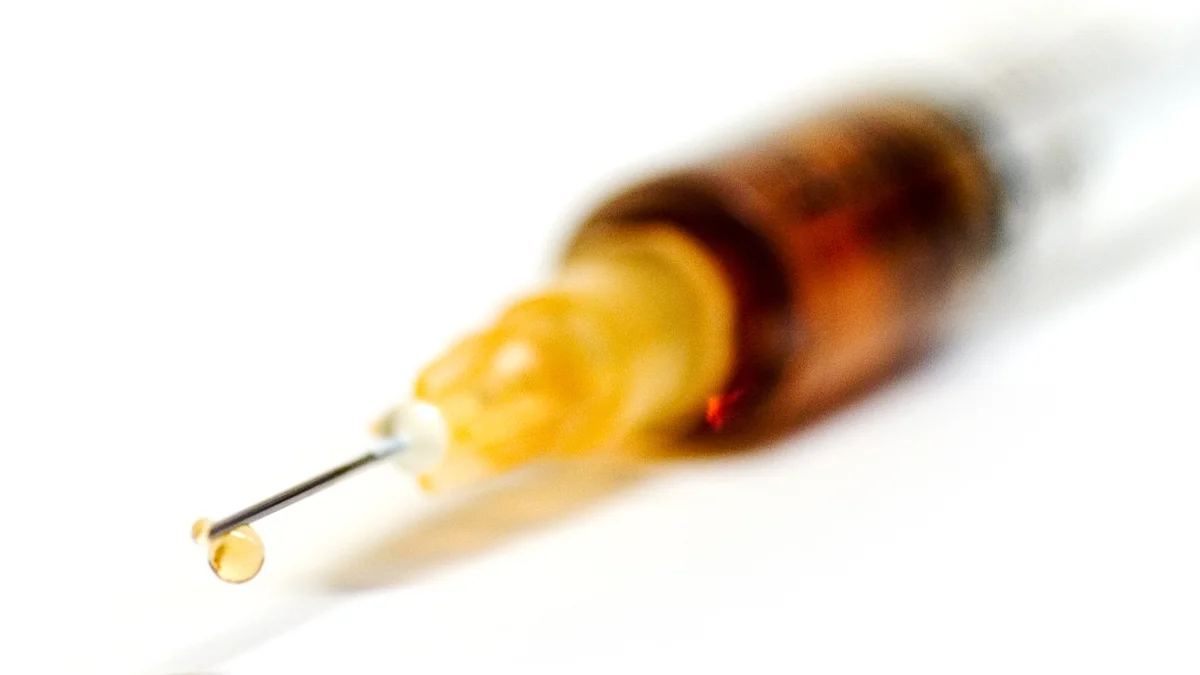
Lyrica With Suboxone: Risks And Safe Practices
The Recovery Team-Newton explores whether taking Lyrica with Suboxone is safe. Explore potential risks and guidelines

Overcoming an addiction and getting sober is a major life change that requires professional treatment and support. There are many different types of addiction treatment programs available to help people achieve lasting recovery. Choosing the right addiction treatment program depends on the individual’s substance abuse history, personal needs, and recovery goals.
Inpatient or residential addiction treatment provides the highest level of care and medical monitoring. Inpatient facilities require clients to check in to a treatment center for a period of 30 days to 90 days or longer.
Inpatient addiction treatment offers 24/7 medical supervision from doctors, nurses, and other healthcare professionals. Clients live at the treatment facility full-time while undergoing intensive personalized therapy to address the root causes of addiction.
Inpatient rehab is ideal for individuals with severe substance abuse disorders or co-occurring medical or mental health conditions. The immersive treatment helps clients focus fully on their recovery without distractions.
Outpatient addiction treatment provides more flexibility where clients live at home and commute to the treatment center for scheduled services. Outpatient addiction treatment levels range from intensive day programs to weekly group counseling sessions.
Outpatient rehab allows clients to continue work, school, or family obligations while undergoing addiction treatment. Outpatient programs offer individual counseling, group therapy, medication management, and other services.
Outpatient addiction treatment is a step-down level of care after completing inpatient rehab. It’s also suitable for milder substance abuse issues or for maintaining sobriety after residential treatment.
Medical detox is the first step in addiction treatment when drugs or alcohol are safely flushed out of the body. Detox manages uncomfortable and potentially dangerous withdrawal symptoms that occur when stopping substance abuse.
Medically-supervised detox provides 24-hour monitoring and medications to ease symptoms like anxiety, depression, insomnia, nausea, and pain. Detox can take place in a hospital, treatment facility, or at-home with a visiting nurse.
Medical detox typically lasts one week but can take longer depending on factors like the substance abused and length of addiction. Ongoing monitoring ensures detox completion before starting therapeutic treatment.
Twelve-step facilitation therapy introduces the philosophy and peer support aspects of programs like Alcoholics Anonymous (AA) and Narcotics Anonymous (NA). The evidence-based approach is often included in addiction treatment programs.
The therapy aims to increase involvement in 12-step programs which provide mutual aid and fellowship. Clients are encouraged to actively participate in meetings, get a sponsor, and work through the 12 steps.
Twelve-step programs complement clinical treatment modalities. The spiritual emphasis and group dynamics help clients connect with others in recovery for lifelong sobriety support.
Holistic addiction treatment takes a whole-person approach addressing mental, physical, and spiritual health. Holistic rehab programs incorporate a variety of complementary and alternative therapies.
Common holistic therapies include yoga, acupuncture, massage, nutritional counseling, herbal medicine, art therapy, equine therapy, meditation, and mind-body practices. The goal is healing the root causes of addiction by bringing balance to the mind, body, and spirit.
Holistic addiction treatment empowers clients to take an active role in the recovery journey. The integrative approach helps clients manage underlying issues like trauma, chronic pain, anxiety, or depression.
Cognitive behavioral therapy (CBT) is an evidence-based form of psychotherapy commonly used for treating addictions. CBT focuses on changing unhealthy thought and behavior patterns that lead to substance abuse.
CBT helps clients identify distorted thinking, underlying beliefs, and negative behaviors around addiction. Individual counseling aims to shift thoughts and behaviors to more positive patterns that support recovery goals.
CBT provides clients with concrete tools to prevent relapse and maintain sobriety. Ongoing CBT helps strengthen new thinking and behavior habits over the long-term.
Overcoming an addiction requires professional help tailored to your unique situation. Considering the type of substance abused, personal circumstances, and level of addiction can help determine the right treatment program.
Working with a doctor, therapist, or intervention specialist ensures entering a rehab facility that can address any dual diagnosis or co-occurring disorders as well. Recovery from addiction means rebuilding your physical health, mental well-being, and fulfilling relationships. The right treatment program provides integrated care giving you the best chance at lifelong sobriety.
The length of addiction treatment programs varies widely from 30 days to one year or longer. Short-term programs provide a foundation while longer-term rehab of 90 days or more improves outcomes. Ongoing aftercare is also critical for maintaining sobriety.
A typical day in rehab involves group counseling, individual therapy, 12-step meetings, skills building, recreational activities, shared meals, medication management, and other structured programming from morning to night.
Common therapeutic approaches include cognitive behavioral therapy, motivational interviewing, family therapy, trauma therapy, experiential therapies like art or music, 12-step peer support, and holistic practices.
After completing rehab, clients progress to aftercare involving ongoing counseling, recovery coaching, support groups, sober housing, or intensive outpatient programming to ensure continued sobriety.
Financing options include payment plans, sliding scale fees, accessing treatment grants, tapping into personal savings or retirement funds, borrowing from 401k, taking out medical credit card or personal loans, crowdfunding, or applying for government assistance.

The Recovery Team-Newton explores whether taking Lyrica with Suboxone is safe. Explore potential risks and guidelines

Learn about Suboxone injection side effects and explore recovery solutions in this guide by The Recovery Team-Newton.